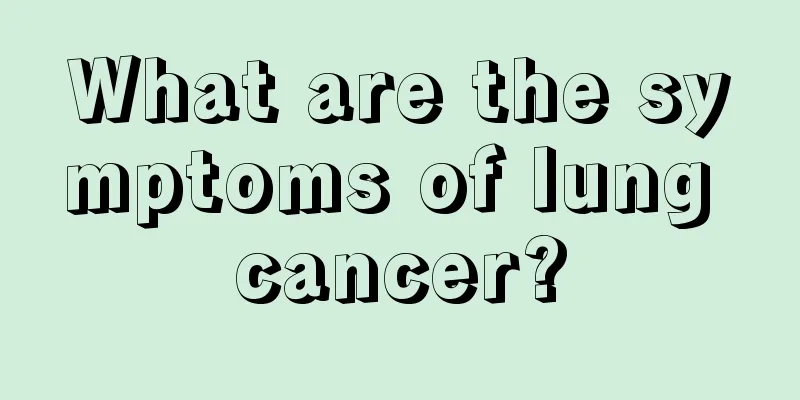What happens to patients with gastric bleeding?

|
When it comes to stomach diseases, some people only know about stomach pain and stomach discomfort. People who know a little more about them only know about gastric ulcers, gastritis, etc. In fact, there are many kinds of stomach diseases, but some of them are not very common. Take gastric bleeding as an example. As long as you pay more attention, you can prevent it well. So, what exactly is gastric bleeding and what are the symptoms when it occurs? A small amount of gastric bleeding will manifest as black stools, while a large amount may manifest as vomiting of coffee-colored or red blood. Vomiting blood and black stools: Anyone who suffers from nausea and vomiting due to the stimulation of blood after bleeding may experience vomiting blood. If the blood is vomited out immediately after bleeding, it will be bright red; if the blood stays in the stomach for a period of time and is then vomited out after being acted upon by gastric acid, it will be brown like coffee grounds. In addition to vomiting, more blood is discharged from the intestines. Since hemoglobin forms black iron sulfide through the action of sulfide in the intestine, the blood discharged is usually tarry black stool. Only when the amount of bleeding is large and the blood passes through the intestines quickly, the discharged blood will be dark red, or occasionally bright red. Generally speaking, when the amount of bleeding is heavy, there will be black stools and vomiting of blood; when the amount of bleeding is light, there will often be only black stools. If the bleeding site is in the duodenum, vomiting blood is less common. Systemic symptoms caused by bleeding: If the bleeding rate is slow and the amount is small, there are generally no obvious systemic symptoms, and anemia only occurs after a long period of bleeding. If the amount of bleeding is large and rapid, symptoms of acute blood loss such as palpitations, cold sweats, pale complexion, and even low blood pressure may occur. Symptoms of primary disease: The most common causes of upper gastrointestinal bleeding are ulcer disease, rupture of esophageal varices, gastric cancer, esophageal cancer or duodenal cancer, acute gastric mucosal injury and bleeding, etc. If it is ulcer bleeding, there is often a history of upper abdominal pain before bleeding; if it is esophageal varicose vein bleeding, there is a history of cirrhosis and clinical manifestations of cirrhosis. Gastric bleeding is not as serious as cerebral hemorrhage, but it can also cause great harm to the human body. It’s just that gastric bleeding is relatively easier to treat than cerebral hemorrhage. Treatment of gastric bleeding generally does not require surgery. Only routine treatment including taking some hemostatic drugs and infusions is required. The key to treatment lies in adjusting your daily diet and changing your bad habits. |
<<: What are the signs of gastric bleeding?
>>: What color is stomach bleeding?
Recommend
Can colon cancer recur after surgery?
Rectal cancer, especially tumors below the perito...
People with skin cancer can't eat eggplant
The incidence of skin cancer in my country is not...
How long will it take for bladder cancer to not recur
Bladder cancer refers to a malignant tumor that o...
Is it normal to lose hair in summer?
The sunlight is stronger in the summer, and the i...
What are the effects of sedge seeds?
The seeds of the wormwood are rich in nutrients a...
What to eat to prevent nasopharyngeal cancer?
Nasopharyngeal carcinoma is a highly malignant tu...
How long does laser eye surgery last
Laser surgery has a good therapeutic effect on so...
Can a seven month old baby watch TV?
Children especially like to watch TV. For example...
Can snails and watermelons be eaten together
Snails have good nutritional value and are very d...
What to do if the gums are swollen and painful
Swollen and painful gums are actually swollen and...
What are the symptoms of fascia adhesion
The phenomenon of fascia adhesion is actually not...
What should lung cancer patients pay attention to in their diet? Dietary precautions for lung cancer patients
Lung cancer is not unfamiliar to us. It can be sa...
What are the roles and functions of the pancreas?
The pancreas is an important part of the human bo...
Which hospital is good for treating colon cancer
In our society today, more and more people are su...
What are the effects and functions of pears
Pear is one of the most common fruits in my count...









